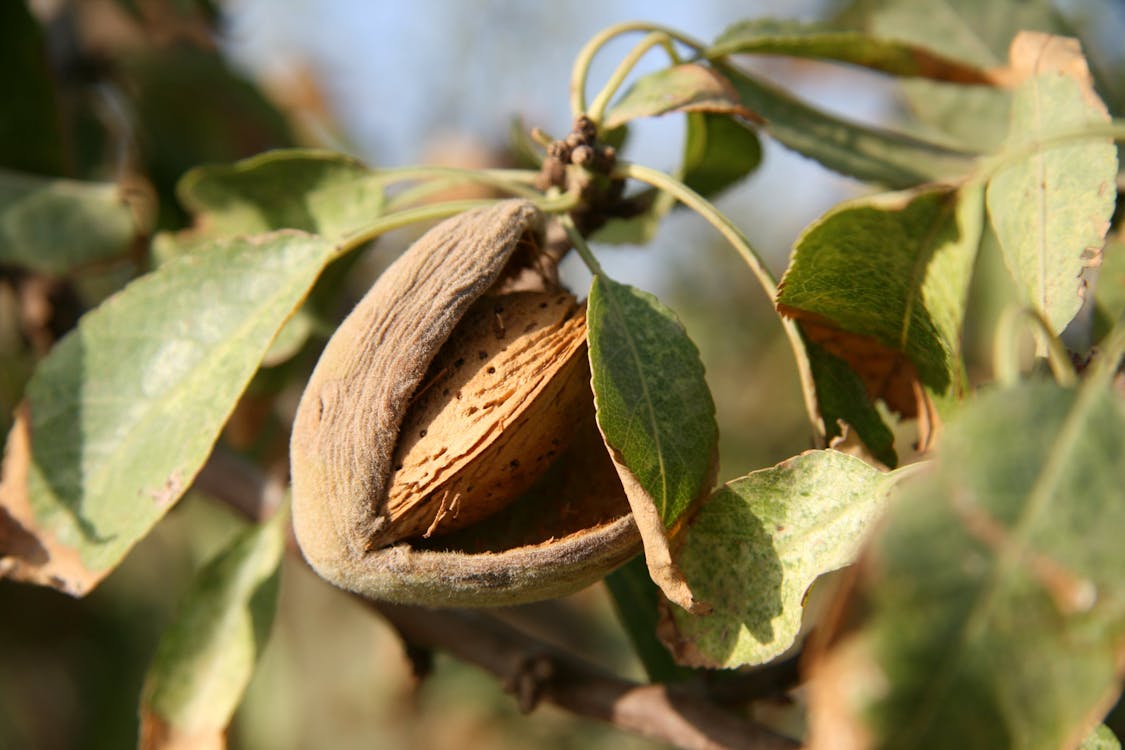The Almond (from the Fables of Mkhitar Gosh)

Նշենիք
քաղցր եւ դառնքաղցր եւ դառն - sweet and bitter
՝ եղբարք գոլով համամարքհամամարք - having the same mother
եւ ոչ համահարքհամահարք - having the same father
. եւ նեղեալ ի դառնութենէ եղբաւրն՝ արար իւր բարեկամ եւ եղբայր զկասկենիկասկենի - chestnut
, բարոյակիցբարոյակից - sharing dispositions
զնա գտեալ ըստ երկուց որակացըստ երկուց որակաց - according to their two qualities
. եւ ի բազմաց մեղադրեալ՝ ասաց. Որ ըստ կամաց իմոց է, նա է իմ եղբայր։ Եւ ոչ ոք կարաց ասել նմա ինչ։ Քաջայայտքաջայայտ - very evident
իսկ է առակս. զի թէպէտթէպէտ - although
հարազատք իցեն եղբարք, եւ ընդդէմ միմեանց պատահին բարուքբարք - dispositions, ways
, հարկաւորաբարհարկաւոր - necessary
քակտին ի միմեանցի միմեանց - from one another
, եւ զաւտարս բարոյակից լաւ համարինհամարել - to consider, regard
. եւ թէպէտ մեղադրինմեղադրել - to accuse, blame
, ոչ ոք կարէ արդարանալ ի վերայ նոցա։
Almonds, sweet and bitter, were brothers having the same mother but not the same father. [The sweet almond], harassed by his brother's bitterness, took as a friend and brother the chestnut-tree, finding that the latter shared his own disposition, agreeable to both forms. Condemned by many, [the sweet almond] said: "According to my will, he is my brother". And no one could tell him anything. The [meaning of] this fable is quite evident. For despite the fact that relatives be brothers, if they happen to be of divergent conduct they will necessarily break with each other and regard another one as sharing their own disposition. Although they are blamed, no one can prove the truth to them.


Comments
Post a Comment